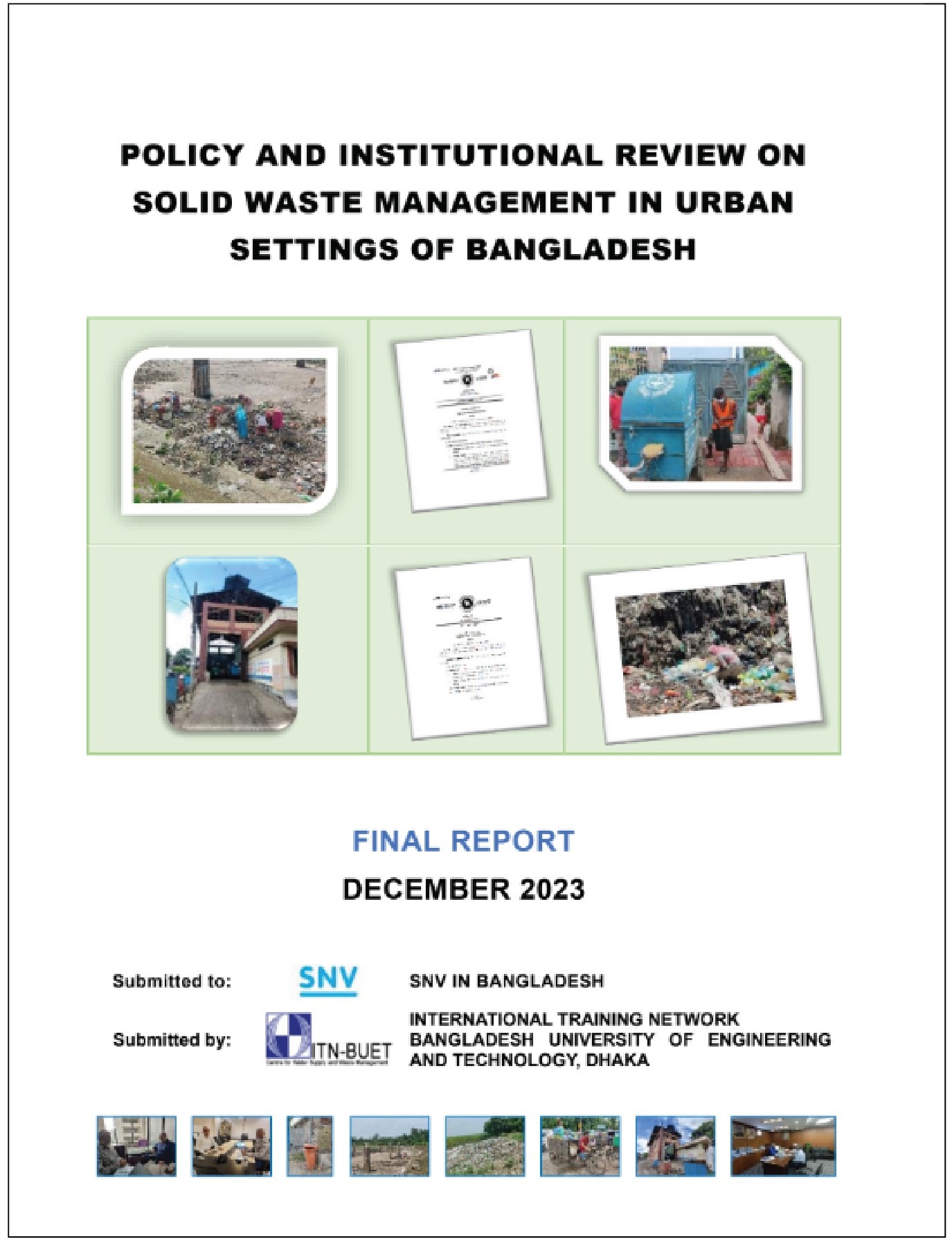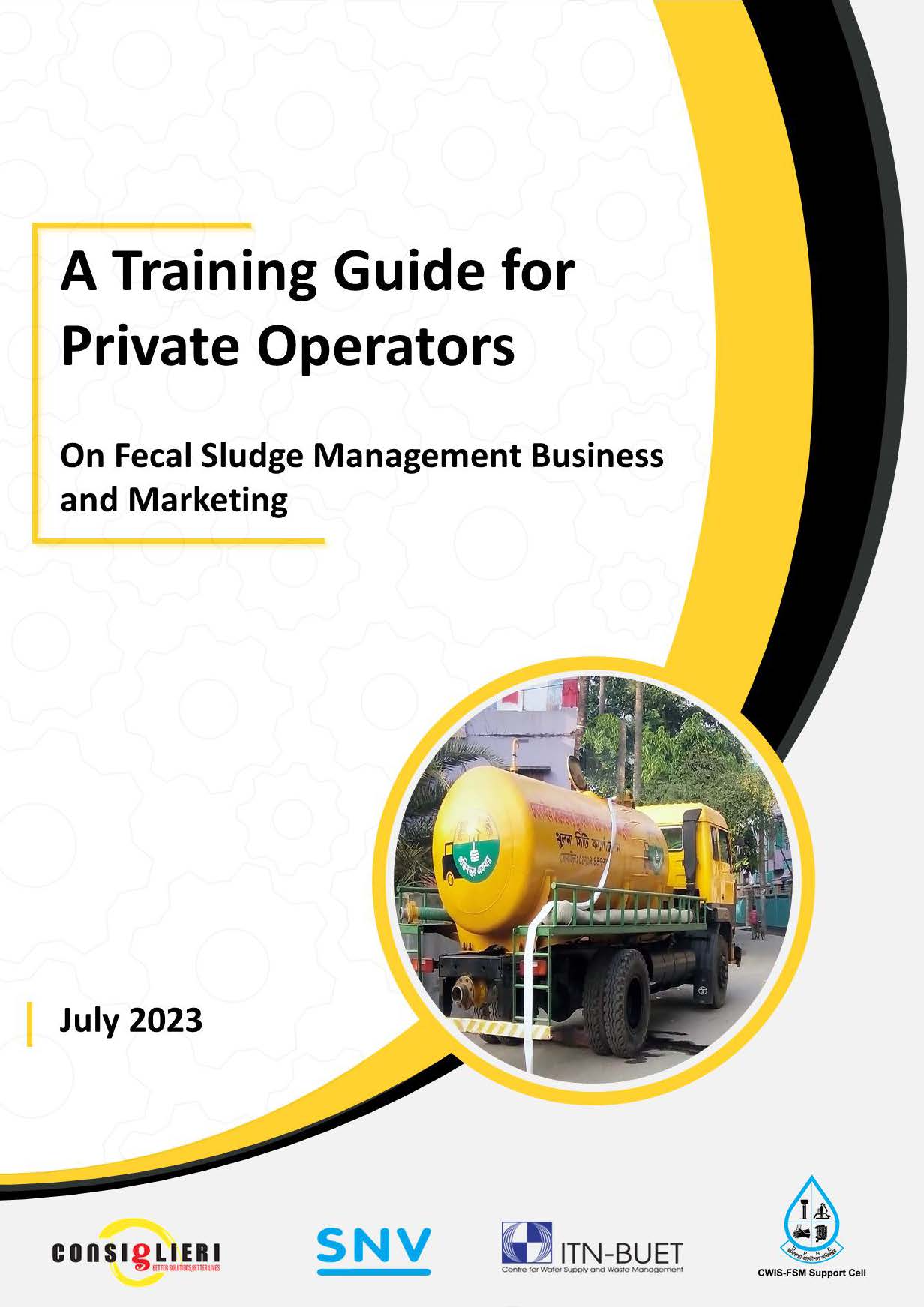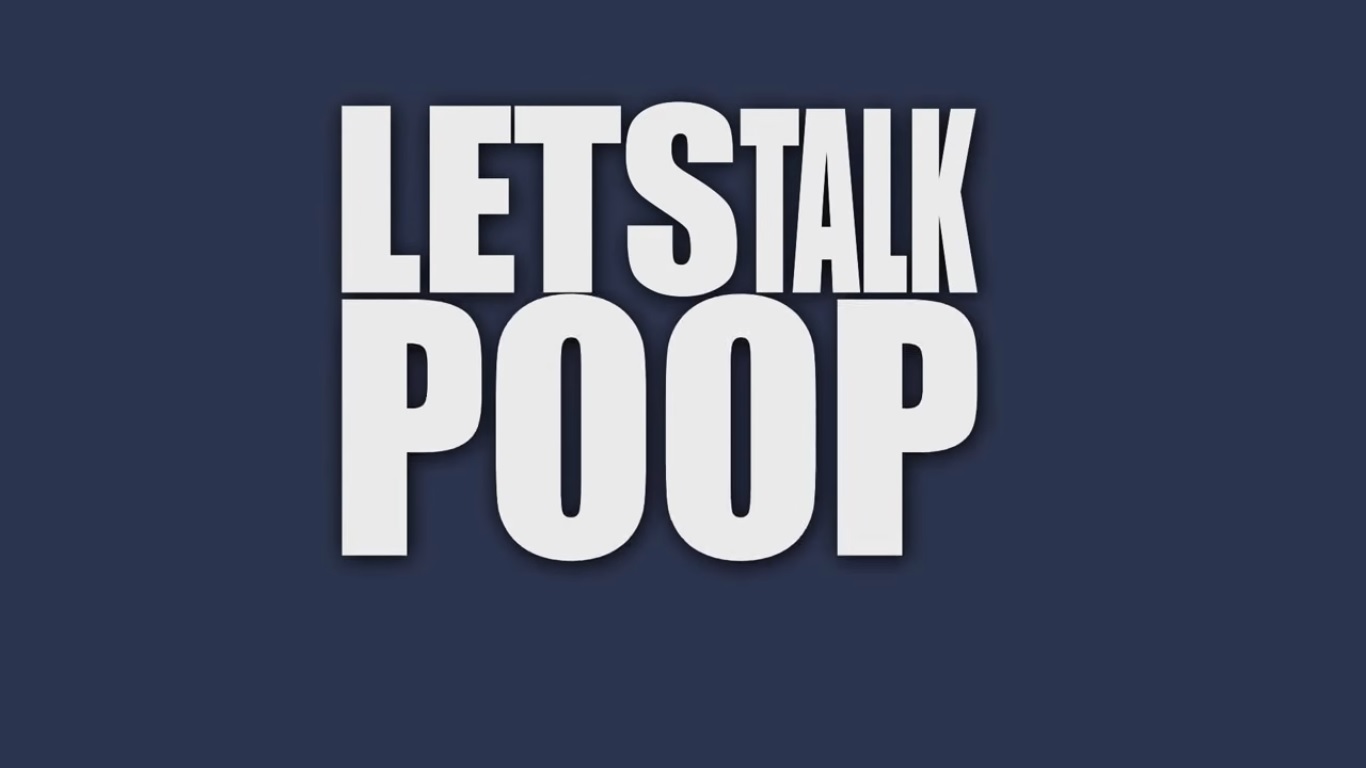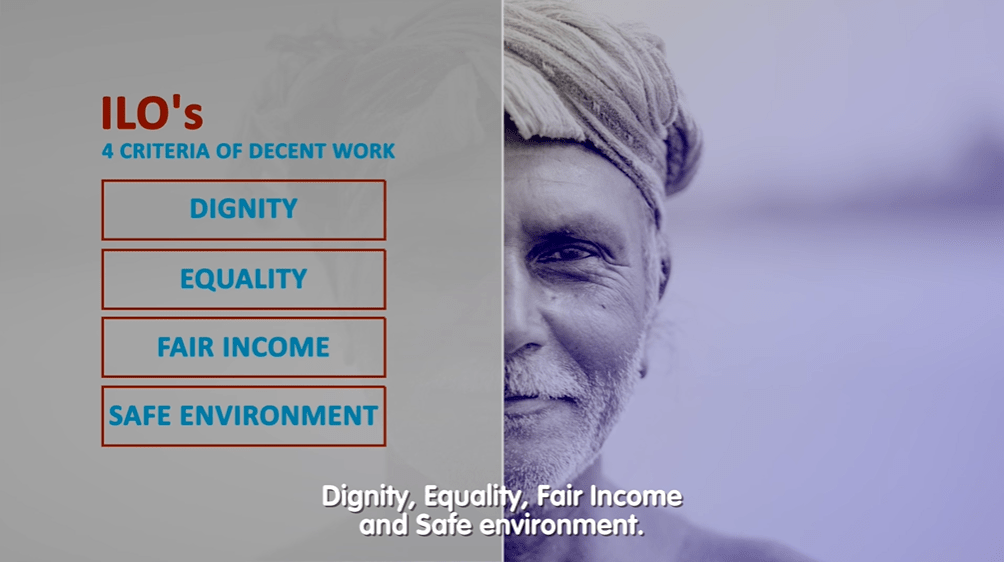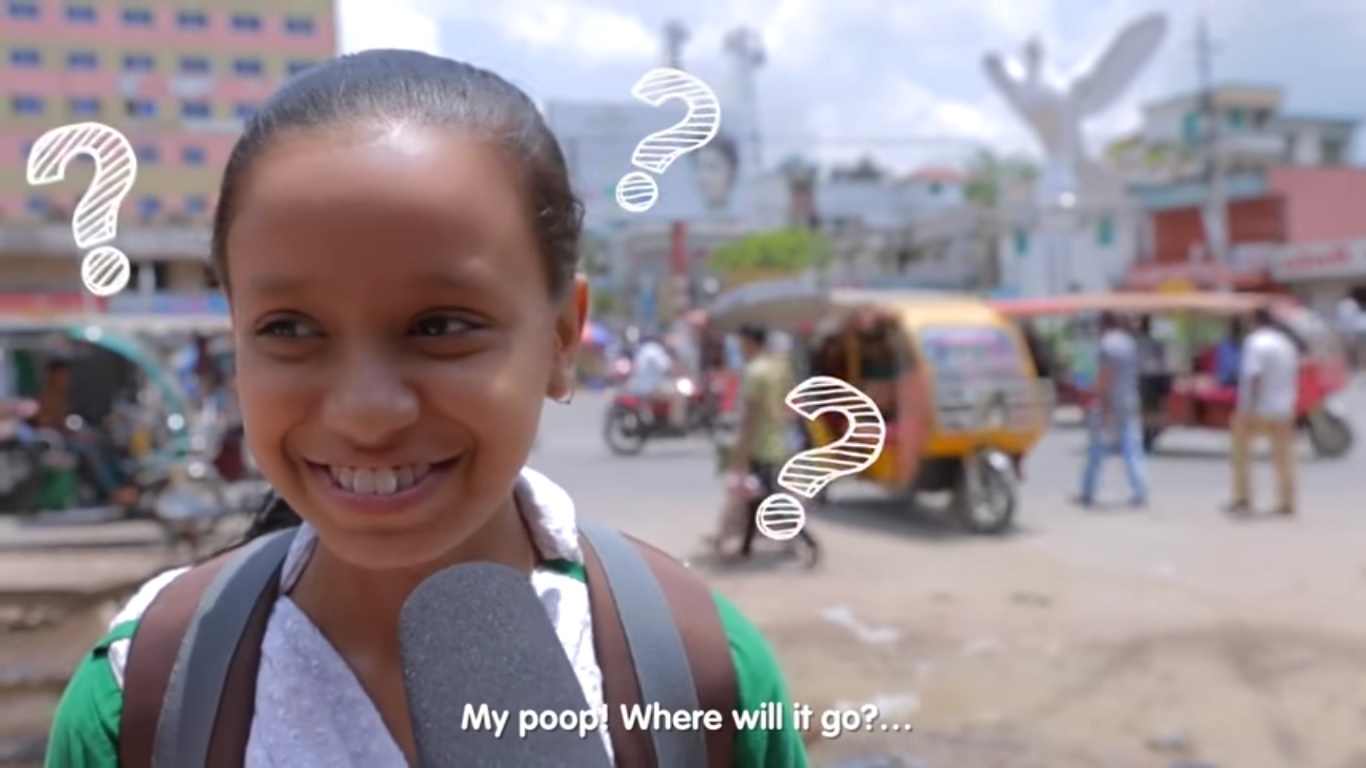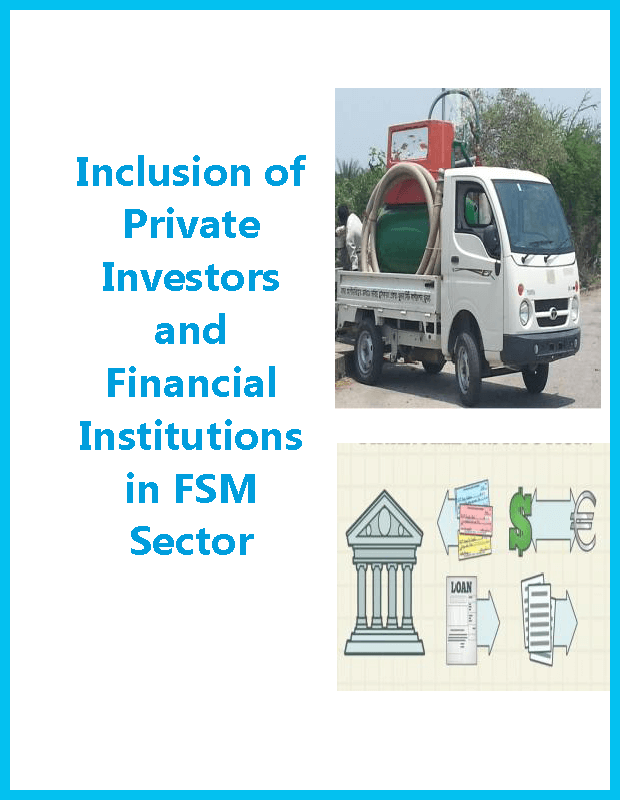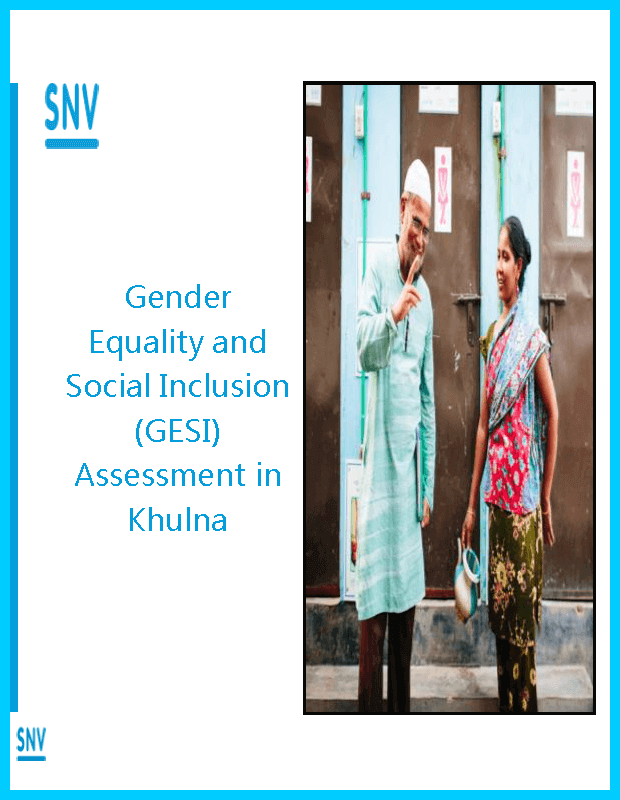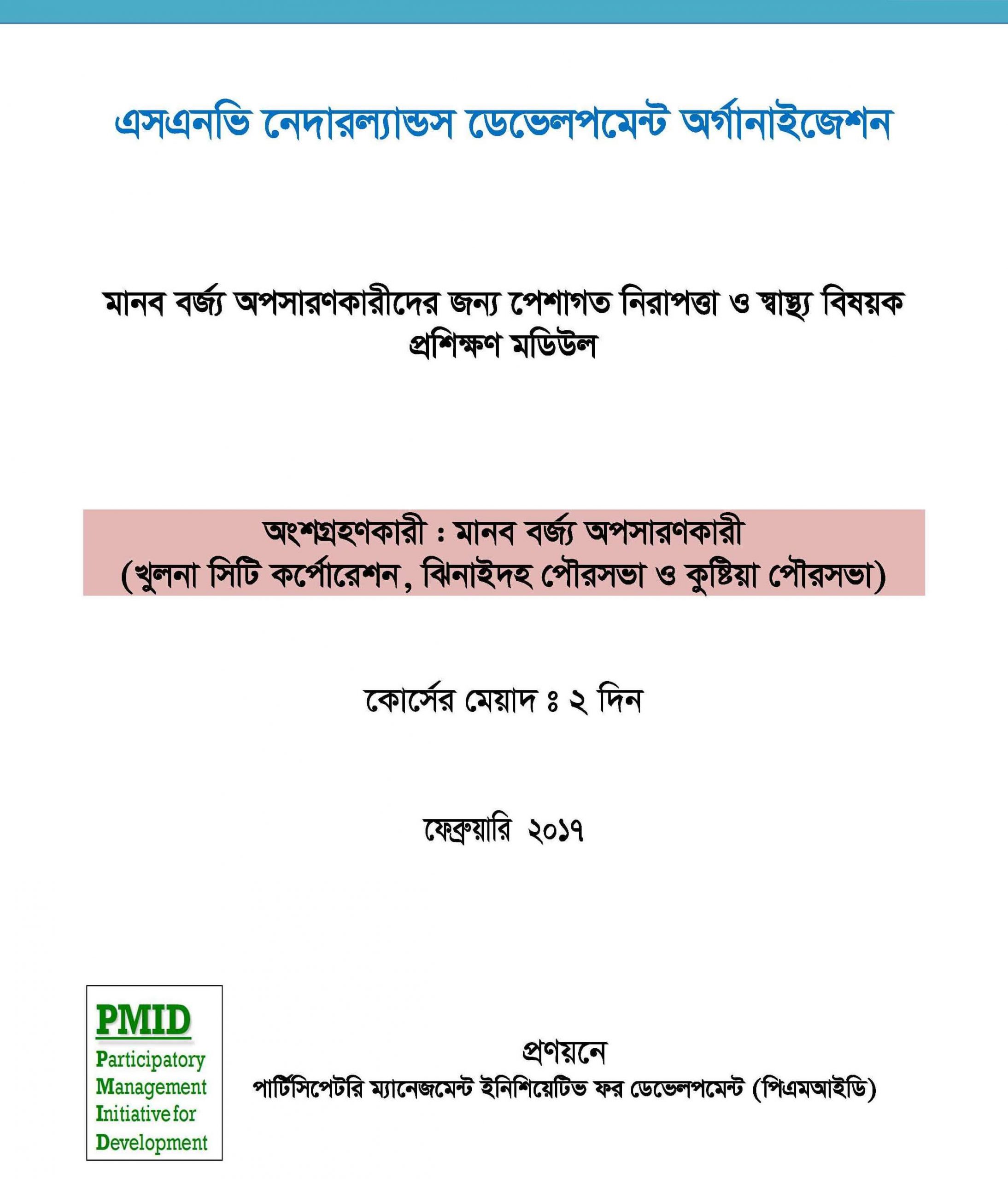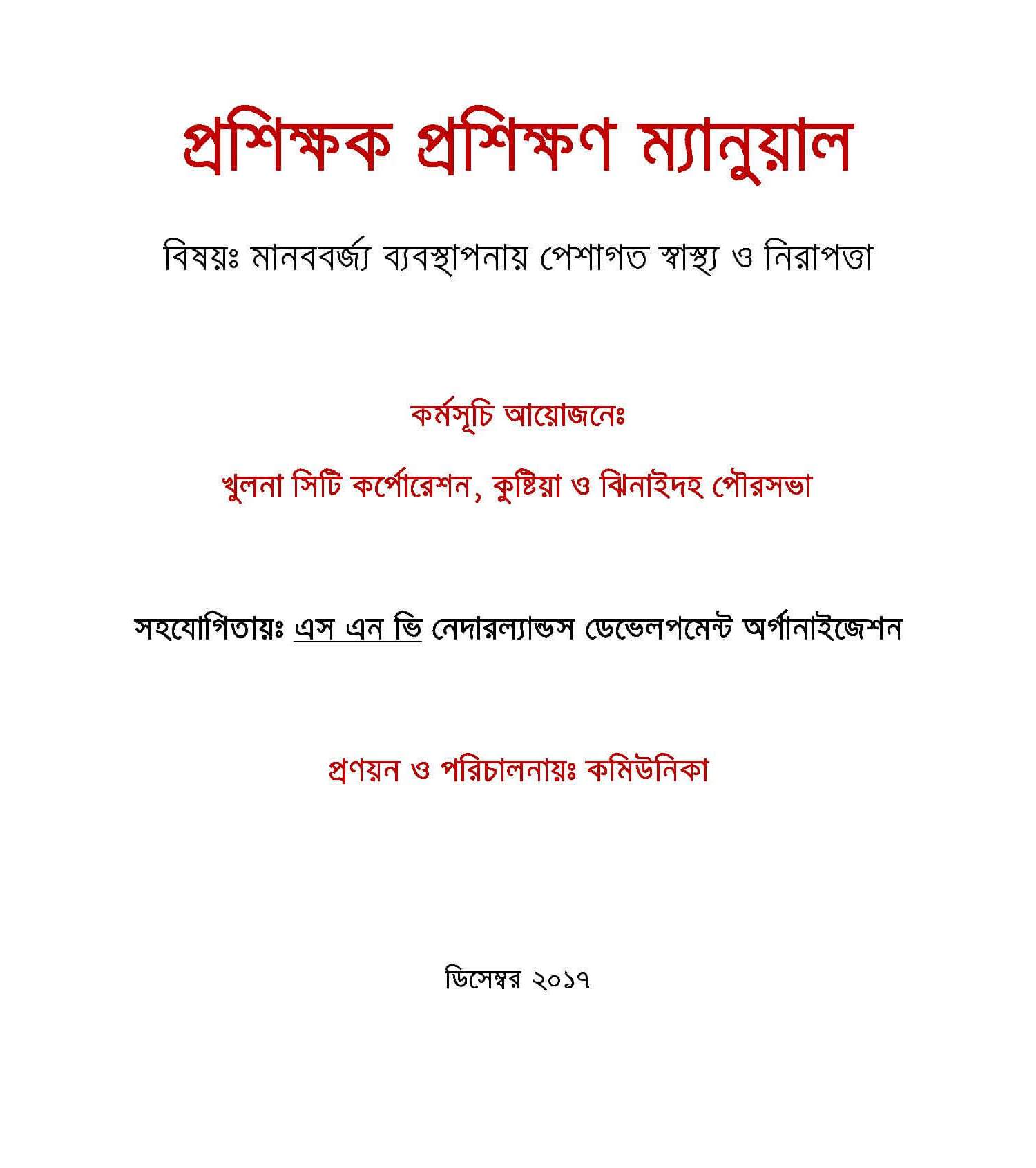SNV Netherlands Development Organisation
Policy and Institutional Review on Solid Waste Management in Urban Settings of Bangladesh
The study’s prime objective is to assess national and urban-level policies, institutional arrangements, and capacities for solid waste management (SWM) in Bangladesh. It identifies key challenges in the SWM system and provides recommendations for improvement through policy reforms and capacity-building. The methodology involves a multi-stage process, starting with an in-depth literature review of current SWM legal documents in Bangladesh.
Publisher(s): ITN-BUET, SNV Netherlands Development Organisation
2023
বেসরকারি অপারেটরদের জন্য প্রশিক্ষণ গাইড: পয়ঃবর্জ্য ব্যবস্থাপনায় ব্যবসা ও বিপণন
কন্সিলিয়েরি প্রাইভেট লিমিটেড, ব্যবসা ও মার্কেটিং/ বিপণন প্রশিক্ষণ কোর্সটি ইংরেজি ও বাংলা উভয় ভাষায় প্ৰস্তুত করেছে। মডিউলটি তৈরিতে এসএনভি, CWIS-FSM Support Cell, জনস্বাস্থ্য প্রকৌশল অধিদপ্তর, আন্তর্জাতিক ট্রেনিং নেটওয়ার্ক – বাংলাদেশ প্রকৌশল বিশ্ববিদ্যালয় এবং বাংলাদেশের খুলনা, যশোর, ঝিনাইদহ, কুষ্টিয়া ও ফরিদপুর জেলার পৌরসভা কর্মকর্তা ও বেসরকারি অপারেটরদের মতো স্টেইকহোল্ডাররা সহায়তা করেছেন।
Publisher(s): CWIS-FSM Support Cell, ITN-BUET, SNV Netherlands Development Organisation
2023
Training Guide for Private Operators on Fecal Sludge Management Business and Marketing
This business and marketing training module course is prepared by Consiglieri Private Limited with both English and Bangla illustration. The making of the module was also supported by stakeholders such as SNV, DPHE, ITN-BUET and personnel from municipalities and private operators of Khulna, Jashore, Jhenaidah, Kushtia and Faridpur districts of Bangladesh.
Publisher(s): CWIS-FSM Support Cell, ITN-BUET, SNV Netherlands Development Organisation
2023
Animation on Faecal Sludge Management
Can you imagine toilets without proper sewer systems? Yuck!
Well in urban areas, you’ll find them everywhere! In fact, Toilets are either connected to a storm drain, a collection pit or in better cases – a septic tank.
So what happens when the collection systems fill up? They overflow into drains…..and with pits, most of the cases involve manual scavenging.
Publisher(s): SNV Netherlands Development Organisation
2015
Where does the poop go?
Do you actually know what happens with your poop? We asked people in the streets if they knew; watch to find out their answers!
Publisher(s): SNV Netherlands Development Organisation
2016
Publisher(s): SNV Netherlands Development Organisation
Gender Equality and Social Inclusion (GESI) Assessment in Khulna
VIEW / DOWNLOAD
Publisher(s): SNV Netherlands Development Organisation
মানব বর্জ্য অপসারণকারীদের জন্য পেশাগত স্বাস্থ্য ও নিরাপত্তা বিষয়ক প্রশিক্ষণ মডিউল (Training module on occupational health and safety for pit emptiers)
This manual was developed in accordance to the action plan and guideline developed by SNV Netherlands Development Organization for pit emptiers in Khulna City Corporation, Jhenaidah and Kushtia Paurashava. The objective of this training is to train pit emptiers so that they can improve their occupational health and safety, work environment during collection and transportation of faecal sludge in personal and community level.
Publisher(s): SNV Netherlands Development Organisation
প্রশিক্ষক প্রশিক্ষণ ম্যানুয়ালঃ মানববর্জ্য ব্যবস্থাপনায় পেশাগত স্বাস্থ্য ও নিরাপত্তা (Trainers’ Training Manual: Occupational health and safety in faecal sludge management)
The objective of this manual is to develop skills in organizing and delivering training on faecal sludge management for officials of Khulna City Corporation, Jhenaidah and Kushtia Paurashava.
Publisher(s): SNV Netherlands Development Organisation


